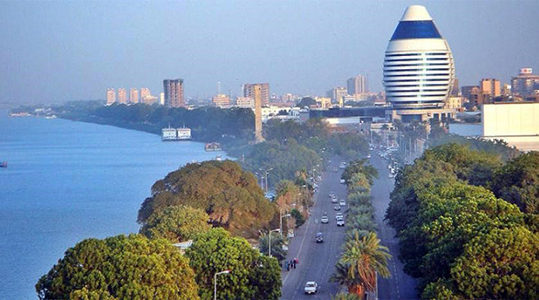The Central Bureau of Statistics in Sudan revealed that the general inflation rate in the country increased to reach 81.64 percent in March, compared to 71.36 percent in February, an increase of 10.28 percent.
The Central Statistical Organization attributed the high rate of inflation to the increase in food prices, in addition to the high cost of transportation.
The Sudanese have been struggling for months to get bread, auto fuel, and household gas with long waiting lines. Since the separation of South Sudan from Sudan in 2011, the country's economy has suffered from high inflation rates and a depreciation of the Sudanese pound, due to the loss of significant oil revenues.
The high rate of food inflation came as a result of increased prices of oils and fats, bread, cereals, meat, legumes, milk, cheese, and sugar, in addition to the increase in the transportation group due to the high prices of bus tickets, domestic buses, travel, fuel, and housing due to the increase in gas compared to February 2020 prices.
According to the Central Bureau of Statistics, the rate of urban inflation recorded 66.83 percent for the month of March, while it was 61.86 percent in February. The inflation rate in rural areas recorded 93.26 percent for the month of March, while it was 78.51 percent in February 2020.
Source (Al-Sharq Al-Awsat newspaper, Edited)

